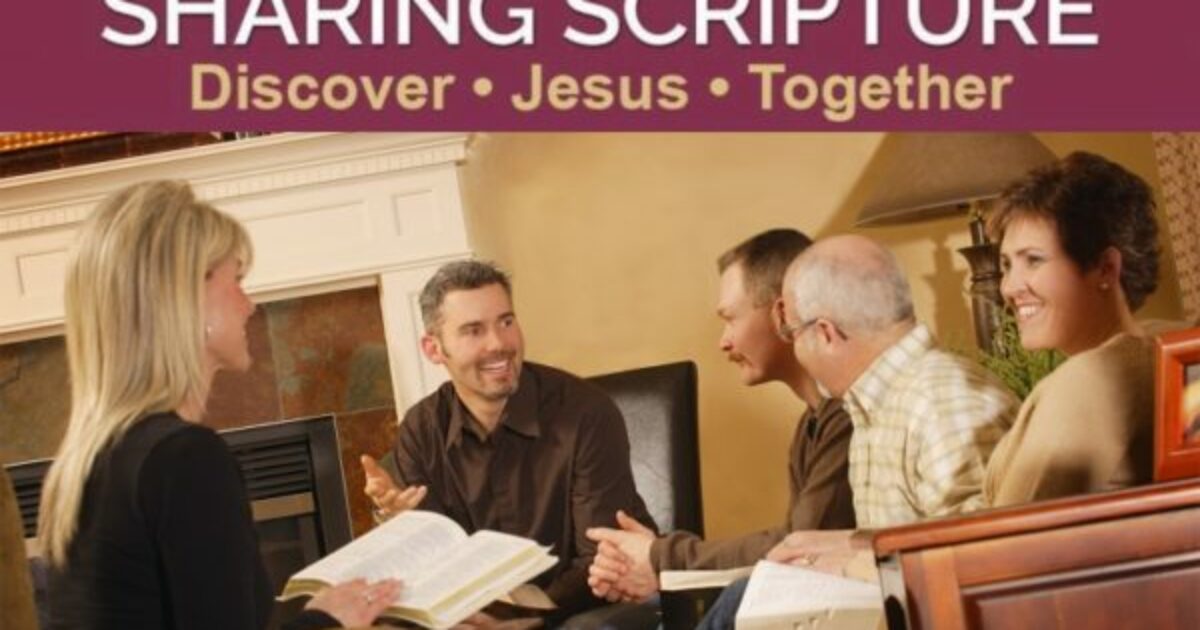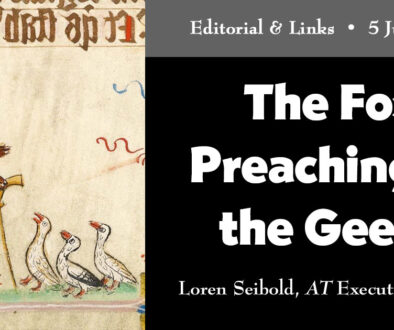Sharing Scripture for April 19 – 25
[symple_heading style=”” title=”The Bible—the Authoritative Source of Our Theology” type=”h1″ font_size=”40″ text_align=”center” margin_top=”0″ margin_bottom=”30″ color=”undefined” icon_left=”” icon_right=””]
This is a tool for you to use if you lead a Sabbath School (SS) class or small group. It is keyed to the Bible texts used in the current week’s Adult SS Lesson and includes a brief story from current news you can use to introduce the discussion and then a series of discussion questions in a relational pattern designed to build fellowship and spiritual reflection.
For use: April 19 – 25
Texts: Mark 7:1-13; Romans 2:4; 1 John 2:15-17; 2 Corinthians 10:5, 6; John 5:46, 47; John 7:38
Fake news seems inescapable these days. In fact, it’s now so pervasive that one major news outlet argues as a defense in a lawsuit that they have a constitutional right to spread fake news. [1]
This phenomenon has created a cottage industry of websites, such as Snopes and CNET, devoted to sorting through the disinformation to get to the truth.
CNET outlines several different ways you can determine the validity of a news story. Its first recommendation is simply to use common sense. If a particular report tends to reinforce your political bias, it’s to your advantage to verify the accuracy of the account before passing it along. Look for original sources to determine where the story came from. Beware of spoof sites and satire. Some well-meaning people pass along satirical stories they want to believe are true, only to be burned in the ensuing comments. Finally, don’t trust every photograph—the proliferation of sophisticated photo editing tools makes some manipulated photos hard for even experts to establish the truth. [2]
Just like news, the story of God’s interactions with humanity is also open to misinterpretation and mischaracterization. Lucifer began his rebellion in heaven by casting doubt on God’s character through a campaign of disinformation. He has continued that crusade throughout human history by sowing seeds of deception into our understanding of the plan of salvation as revealed in Scripture.
In the broad spectrum of Christianity, we generally understand that the Bible is our source of authority. Nevertheless, some rely heavily on church tradition, believing that God establishes traditional church practices, and that those rituals can supersede the instructions of Scripture. Another source that some rely on is personal experience. The Bible may say one thing, but people may base their understanding and practices on a sense of peace, or well-being, that actually contradicts the Bible. Others rely on extra-Biblical sources. The problem that these extra sources of authority bring to Christianity is to determine which are safe to follow.
The safest course is to establish and agree upon one ultimate authority for our theology. By universally agreeing that the Bible is that authority, we can then move to other disciplines regarding how to determine the truth of God’s character and the plan of salvation. We will want to establish recognized rules of study and application. Then we can determine the proper role of extra-Biblical influences such as tradition and personal experience. When we evaluate those sources in the light of God’s Word, they can properly enhance our relationships with Jesus and others.
[symple_divider style=”solid” margin_top=”20″ margin_bottom=”10″]
Connecting: Honestly rate yourself on a scale of 1-5, where 1 = “I am easily conned by fake news,” and 5 = “I don’t trust any report until I verify it for myself.” What pitfalls do you see in either extreme? Is it possible to strike a healthy balance?
Sharing: What do you see as the proper role of culture in influencing our theology?
- Culture is the enemy of proper theology, as it tends to lead us to worship the things of this world rather than God
- Culture gives us a framework to live in our particular communities, and it can help inform us theologically as we see God interacting in our cultural context
- As long as our culture doesn’t conflict with the Bible, there is no problem with it
- When we understand the cultures of Biblical times, we can apply the same principles of application to our current culture
- We are safe if our cultural practices in the church are about 20 years behind the current culture in society
- Other:
Applying: What are some traditions that you find are valuable toward enhancing your relationship with Jesus and others? How can you ensure that these traditions continue to be a blessing rather than an impediment to a vibrant relationship with God?
Valuing: Is the Bible really your ultimate, personal authority? How much does personal experience govern your life? Pray through this coming week that God will lead you, using whatever sources you respond to best.
~ Chuck Burkeen
[2] https://www.cnet.com/how-to/how-to-avoid-getting-conned-by-fake-news-sites/




